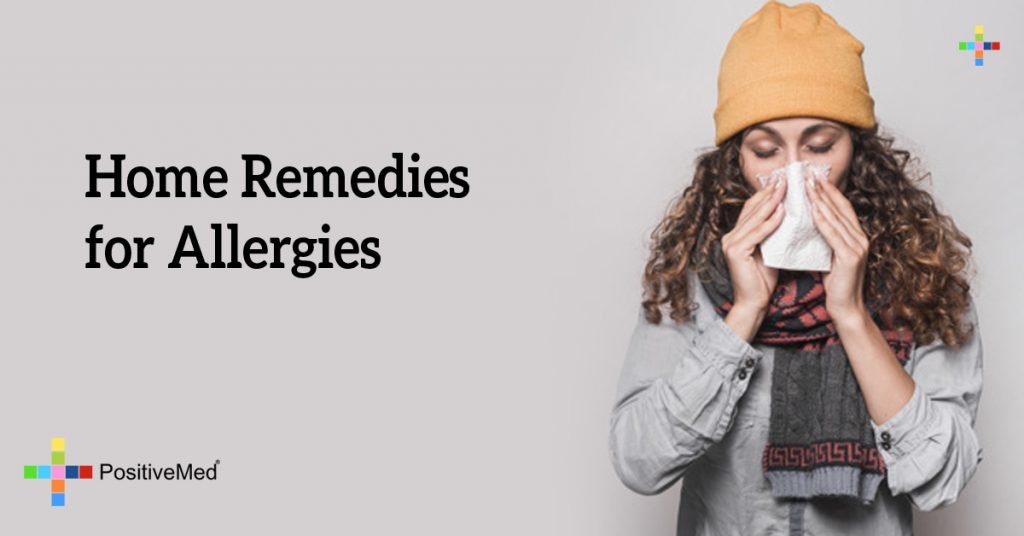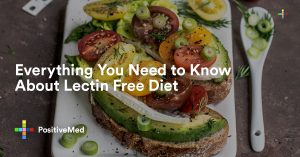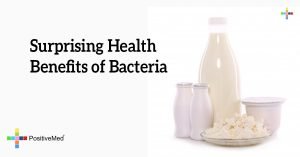
With the arrival of spring, allergies increase dramatically. The best known, and most widespread, allergy is to pollen, often called seasonal allergy. We can fight them naturally, and cope with most symptoms. Sometimes it’s necessary to consult your doctor, who may refer you to an allergist for a complete examination to determine the degree and causes of allergies. You may respond well to medications if needed. Common allergy symptoms include sneezing, runny or stuffy nose, itchy irritated eyes, or fever, which can last several days.
Most remedies, prescription and homemade, will reduce symptoms without curing the allergy.
One guideline for reducing allergies is to avoid weakness in the immune system. It can help to strengthen the body’s defenses to better respond to the attacks.
• Eat at least the recommended amount of vitamin C according to the FDA, it’s found in fruits and vegetables including kale, oranges, grapefruits, strawberries, pineapple, lemons, berries, and tangerines. It’s better to eat the whole fruit rather than synthetic capsules of vitamin C whenever possible.
• Enjoy probiotics like kefir and yogurt. We have over 400 bacterial species in our bodies, most in our large intestine, many of which play an important role in preventing a wide range of disease. Probiotics are live microorganisms in food that have a beneficial effect on health. Kefir is made from fermented milk, bacteria, and yeasts that help reduce allergic symptoms and strengthen the immune system. These are what is commonly known as good bacteria.
• Keep plenty of fish in your diet, enjoy at least three times a week, opting at least once for oily fish like salmon and sardines that provide anti-inflammatory omega-3 fatty acids.
• Enjoy onions, leeks, and garlic to enhance breathing. In some cases, allergies cause nasal congestion, eating these foods helps fight that.
Tips to try to relieve allergy symptoms:
1- Breathing steam using herbs like chamomile, lemon balm, or eucalyptus help open breathing pathways.
2- Eat chili peppers, capsaicin is in garlic and hot peppers, it stimulates nasal secretion which helps get rid of the stuff clogging your nose.
3- Avoid being outdoors for extended periods of time during seasonal changes, especially on windy days and in the morning.
4- If you’re allergic to mold keep your home clean and dry, fix water leaks when they happen, and regularly clean refrigerator gaskets, which can accumulate fungi.
5- Skin allergies can be caused by make-up, soaps, and detergent.
Drink plenty of water, dehydration causes fluid retention which increases mucus.
To relieve and reduce swelling aloe vera works wonders, and is healthy, fresh, natural, and affordable.
Sources
Sisodia, P. (2014). All about allergic rhinitis. Chemist & Druggist,280(6896), 18-20
Belli, B. (2013). Home Breathable Home. E: The Environmental Magazine, 24(3), 28-29.
Payne, J. W. (2009). Avoiding Allergy–Is It Possible?. U.S. News & World Report, 146(1), 34.
Mark Mincolla and Bernie S. Siegel (2013) Whole Health: A Holistic Approach to Healing for the 21st Century.





